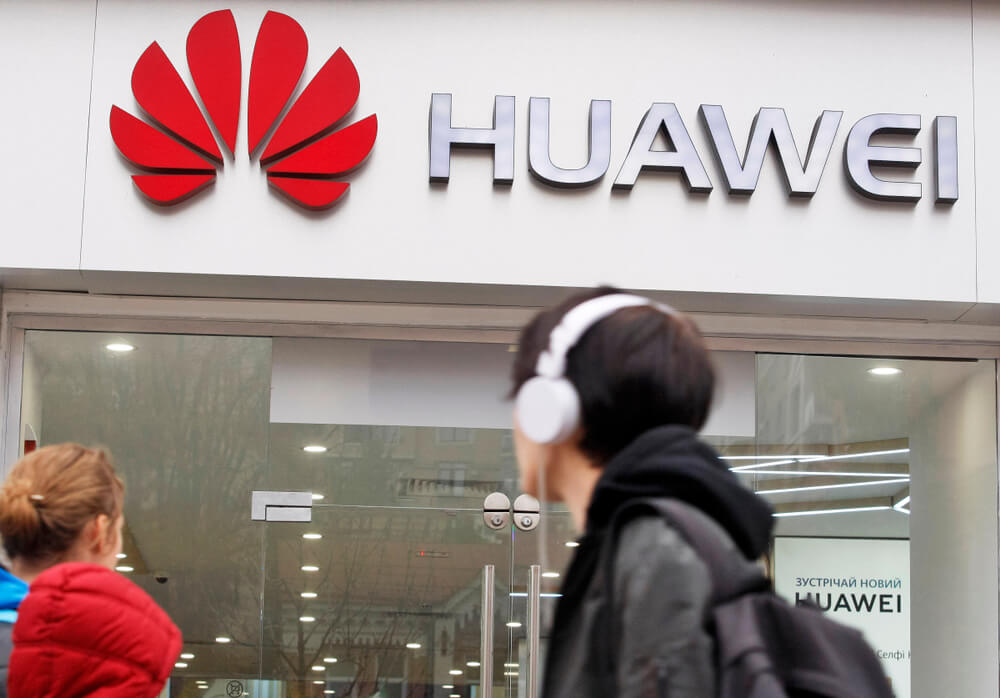
Chinese telecoms tech giant Huawei claims to have created the world’s best performing Advanced RISC Machine (ARM)-based CPU.
The Kunpeng 920, announced at Consumer Electronics Show (CES) 2019 yesterday (January 6), is designed to boost the development of computing in big data, distributed storage, and ARM-native application scenarios, according to the group in a press release.
Designed by Huawei and based on the ARMv8 architecture license, the Kunpeng 920 scores over 930 in the SPECint Benchmarks test— 25 percent higher than the industry average— while power usage is reduced by 30 percent against industry counterparts. The chipset integrates 64 cores at a frequency of 2.6 GHz, 8-channel DDR4 and memory bandwidth that exceeds incumbent offerings by 46 percent.
Ultimately, says its creator, the Kunpeng 920 could provide “much higher computing performance for data centers while slashing power consumption”.
Huawei’s director of the board and chief strategy marketing officer, William Xu, said the firm’s new ARM initiatives won’t much affect its “long-term strategic partnerships” with Intel, where the pair have “continuously innovated in the computing domain in order to create customer value”.
“At the same time, the ARM industry is seeing a new development opportunity,” he added. “The Kunpeng 920 CPU and TaiShan servers newly released by Huawei are primarily used in big data, distributed storage, and ARM-native applications.
“We will work with global partners in the spirit of openness, collaboration, and shared success to drive the development of the ARM ecosystem and expand the computing space, and embrace a diversified computing era.”
At the same time, Huawei also announced the launch of its TaiShan series servers powered by the 920 chipset.
YOU MIGHT LIKE

Arm-ed for the future? How AWS is offering ‘cheap cloud’
Three models each offer a focus on storage, high density or a balance of both, tuned for optimal many-core high concurrency and resource scheduling to deliver a 20 percent computing performance boost.
The announcement at CES follows a significant measure of controversy surrounding Huawei in recent months, with several countries banning its products in network infrastructure over security concerns.
Meanwhile, and as noted by Computing, the company has close ties to the Chinese government, whose ‘Made in China 2025’ strategy looks to internalize the development of emerging technologies such as robotics, AI, renewable energy and biotechnology.
The US has called the strategy a “real existential threat to US technological leadership”.
Huawei’s increasing focus on in-house design means it will become less reliant on non-Chinese companies such as the aforementioned Intel (despite assurances), Qualcomm, AMD and Nvidia.









